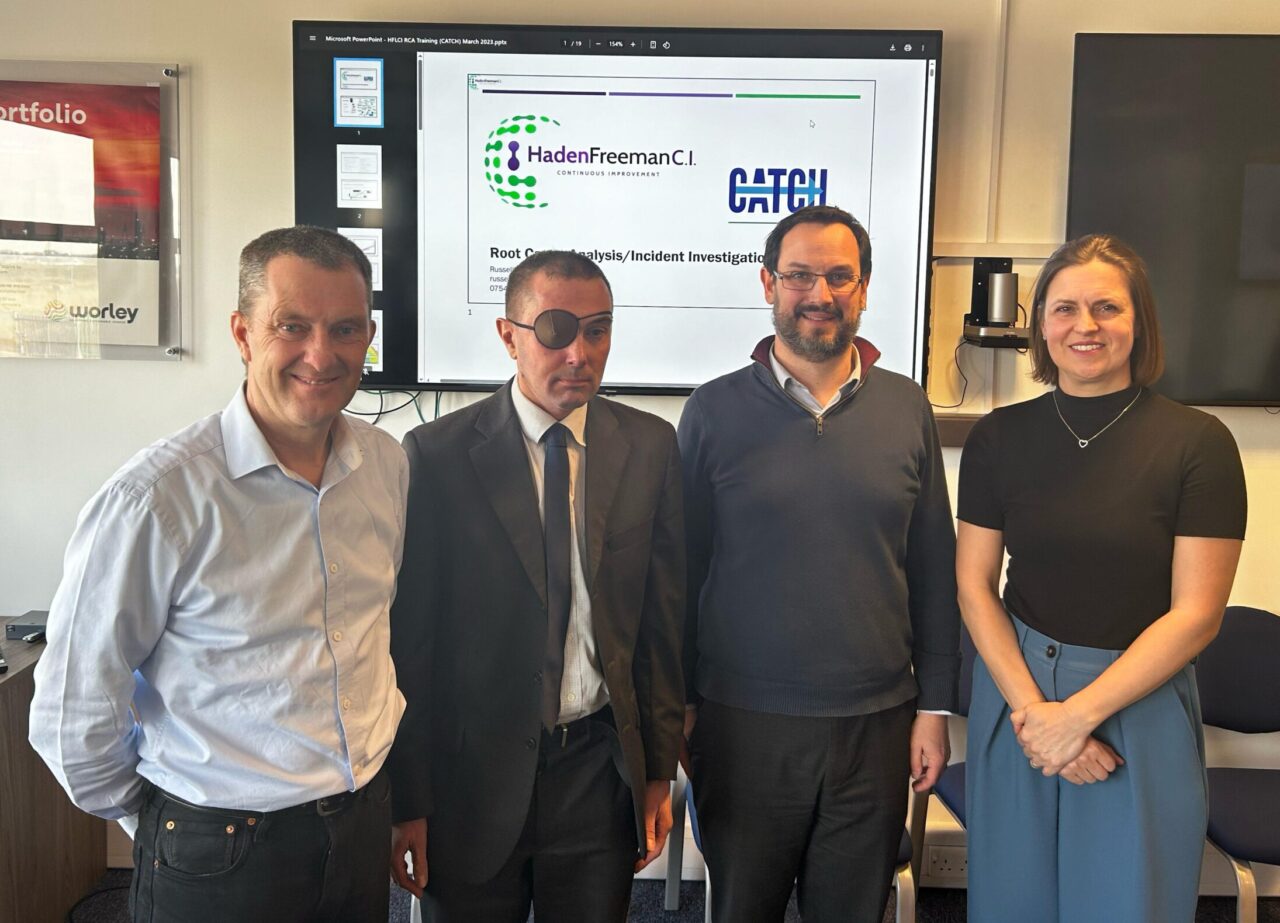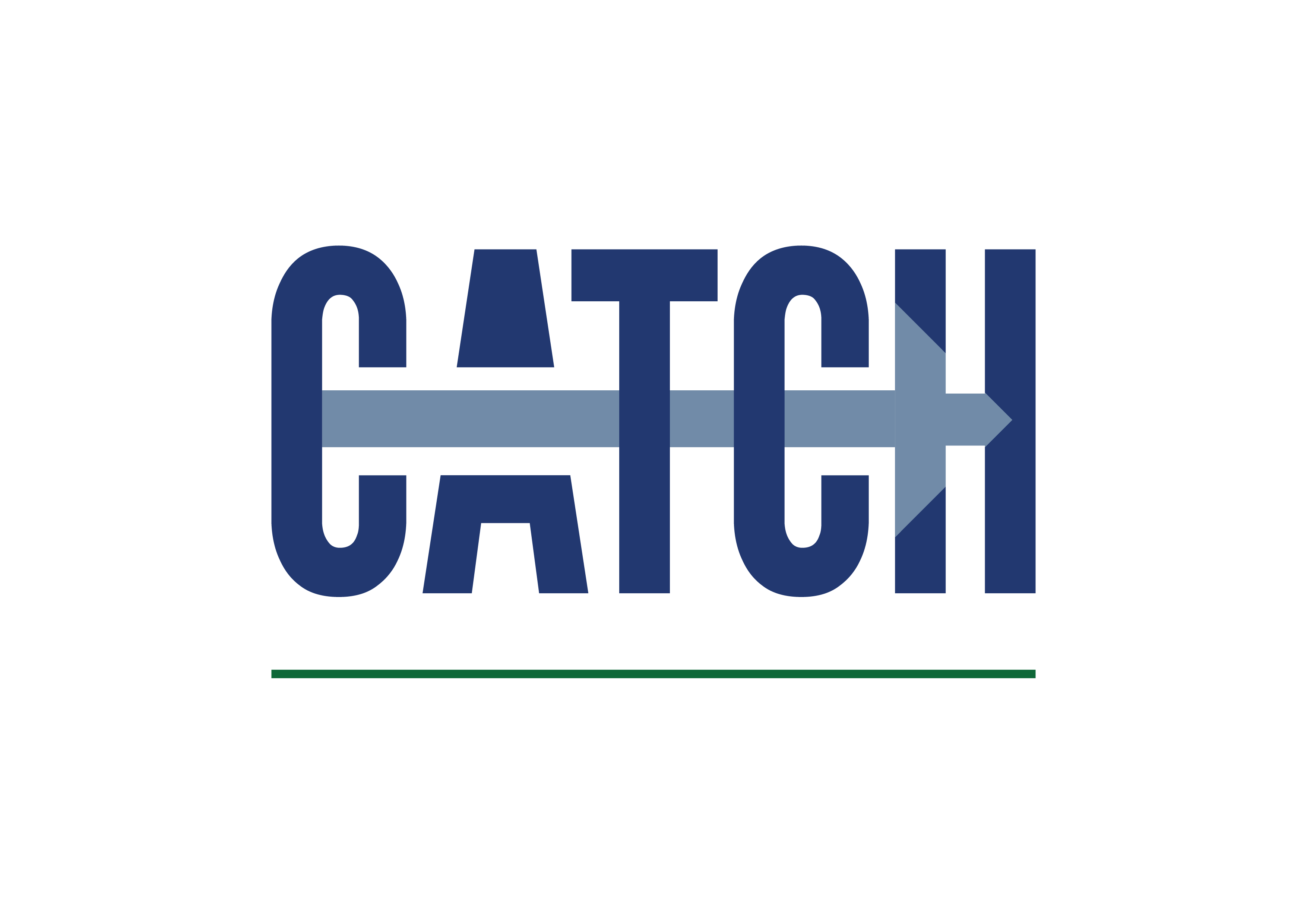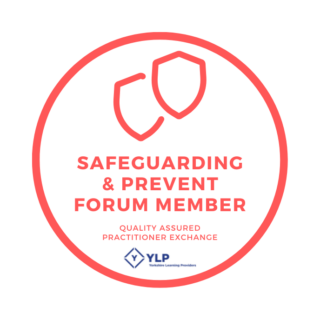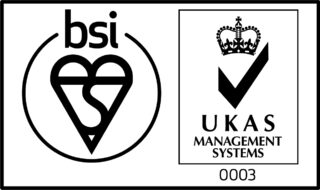Major Hazards Network: 19th March 2025

CATCH hosted the Major Hazards Group on Wednesday 19 March. The group is chaired by Dan Rawdin from SSE Thermal and was attended by over 25 delegates in person and online.
The first topic was Accident and Incident Investigation including Route Cause Analysis (RCA) led by Russell Page from Hayden Freeman Continuous Improvement (HFCI). Russell detailed how RCA can contribute to continuous improvement. How many RCAs are you doing? Each RCA presents opportunities to identify improvements and can chip away at performance improvement. More RCAs are better and so identifying resources/teams to carry these out is important. The group undertook the first exercise to identify pros vs cons of team-based vs individual based approach to RCAs. Russell reflected on management systems and how they drive improvement.
After a break the group undertook a second exercise to test the groups ‘system 2 thinking’ to explore how we resist engaging intuition and gut feelings in favour of finding data, finding evidence and avoiding bias. Russell outlined the 5 whys prime tool for RCA noting how critical it is to define the system/problem/standard first.
RCA as a tool can move from reactive towards being proactive, by identifying common themes, trends and common failure modes.
The next speaker was David Cook from Tyr Law speaking on Protestor Injunctions. David outlined the features of protest including reasons such as climate change, the act of protest such as placards, noise or other disruption and usually seeking publicity. How do businesses manage through these times of change in society. David described the tactics of the campaign group Just Stop Oil and the impact they had on COMAH sites.
Tyr were able to advise their clients on injunctions. These can be obtained fairly quickly in a matter of days. They can also be triggered by police intelligence of a future protest and can cover multiple sites under threat. The injunction needs to be served on persons unknown through clear signage at the site and allow easy access to the court materials to explain the injunction in detail. David explained the circumstances under which an injunction would be considered and what other measures would be taken, such as increased or improved security & CCTV. Injunctions are usually reviewed annually. The more recent tactics of JSO has been to target sporting events and art galleries, potentially because the oil sector has put effective deterrents in place.
CATCH facilitate a range of networks to support our members, the full programme can be viewed here https://catchuk.org/catch/events-and-networks/
If you are interested in attending our networks or need more information about membership please contact katie.hedges@catchuk.org






